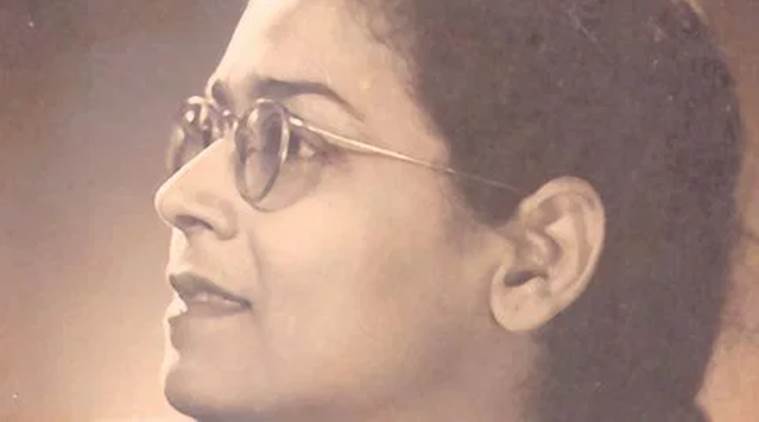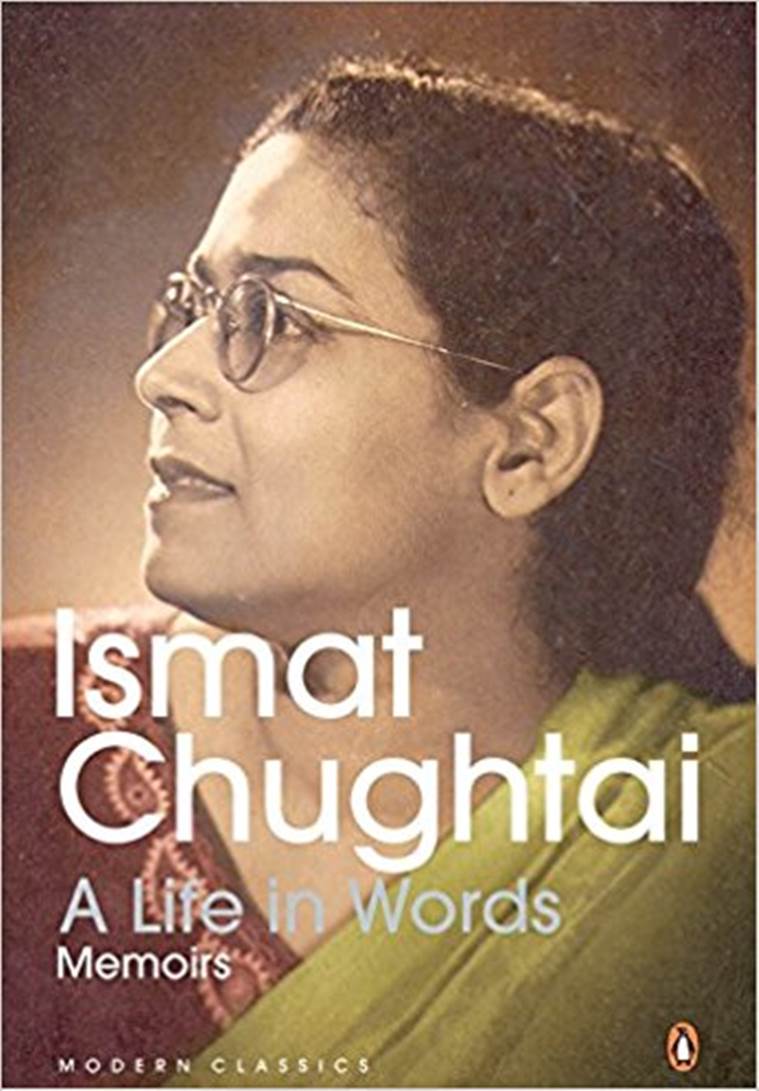Ismat Chughtai birth anniversary: When the author considered ‘femininity a sham’
Ismat Chughtai in the book, 'A Life in Words: Memoirs' sheds light on her growing up years, her conflicts with her mother, her realisation that it was a man's world, her struggles with getting to know herself and coming to terms with it.

Ismat Chughtai wrote about her struggles and ideologies in her memoir, A Life in Words.
One of the most celebrated Urdu authors, Ismat Chughtai rarely followed the norm and her stories received a lot of backlash for being iconoclastic. Her popular short story Lihaaf, published in 1942 dealt with the theme of homoerotica for which she had to face ‘obscenity charges’.
The author through her writing shed light on issues like patriarchy, female desires and sexuality, and conflicts of the middle class and their aspirations. Surprisingly, she was not immune to it. Chughtai writes about the same in the book A Life in Words: Memoirs.
Translated by M Asaduddin and published by Penguin, the book sheds light on her growing up years, her conflicts with her mother, her realisation that it was a man’s world, her struggles with getting to know herself and coming to terms with it and an amalgamation of all that made her into the author that she was.
Extract:
“My mother did not like my activities at all. She was worried about my future—‘These manly pursuits do not befit a woman,’ she would say. She had little understanding of my pursuits, and could not explain things to me either. Later I found out why my mother was so anxious. This was a man’s world, she said, made and distorted by man. A woman is a tiny part of this world and man has made her the object of his own love and hatred. Depending on his whims, he worships her or rejects her. To make a place for herself in the world a woman has to resort to feminine wiles. Patience, prudence, wisdom and social graces—these will make a man dependent on a woman. From the start, she’d say, make a boy so dependent on you that he feels embarrassed to sew his own button and would die of shame if he has to prepare his own meal. Do all the small chores that a servant can do, bear with his injustices with quiet self-abasement so he eventually feels remorseful and falls at your feet to ask for forgiveness!
ALSO READ | Ismat Chughtai 107th birth anniversary: Google doodle honours iconic writer
ALSO READ | Ismat Chughtai 107th birth anniversary: Google doodle honours iconic writer
But I had spent my life in the company of my brothers. I was greedy to be like them and even outdo them. I considered femininity a sham, and looked upon compromise as falsehood, patience as cowardice and gratitude as duplicity. I was not in the habit of beating about the bush. Even decking up, wearing gaudy clothes and applying make-up to hide one’s blemishes seemed a kind of deception. ‘No boy will ever fall for such a girl,’ my clever friends warned me. Frightened, I would try to act on their warning, providing a field day for my brothers. There was no place for formality amongst us that would make them hesitate in telling the truth; if I was candid with them they were even more so with me. I became the butt of jokes. ‘Ah, decking up to snare boys!’ Could I dare wear any make- up after that?
Experience has taught me that a woman needs neither light nor heavy make-up. I never had any dearth of friends, and some of these friendships bordered on love. When I met girls in Russia who did not take any interest in cosmetics and wore simple, workman-like clothes, I asked them why they didn’t dress themselves up. ‘Never felt the need! Why, do I look ugly?’ one of them threw back at me. ‘Not really. But you will look even more beautiful [if you wear make-up].’ ‘I would like to offer goods that are genuine.
My own complexion, lips and femininity are good enough,’ she replied with confidence. In Europe too, the younger generation is fed up of cosmetics. To maintain the eternal relationship between man and woman it is enough for a man to be a man and a woman to be a woman. The Russian girls made a deep impression on me. In my stories I have written a great deal about women’s economic subjugation and helplessness. If a girl obeys the men in her family simply because she is economically dependent on them, then it is not obedience but deception. If a wife stays with her husband simply because he is her provider then she’s as helpless as a prostitute.
ALSO READ | Who was Ismat Chughtai?
The children born of such a mother will only display helplessness and a slavish mentality. Such a people would always be dependent on the munificence of developed nations. As long as the women of our country continue to suffer oppression without resistance we will be weighed down by a sense of inferiority in political and economic spheres too.”
For all the latest Lifestyle News, download Indian Express App
© IE Online Media Services Pvt Ltd






















 Ismat Chughtai is one of the most celebrated figures in Urdu literature. (Source: Amazon.in)
Ismat Chughtai is one of the most celebrated figures in Urdu literature. (Source: Amazon.in)
No hay comentarios:
Publicar un comentario